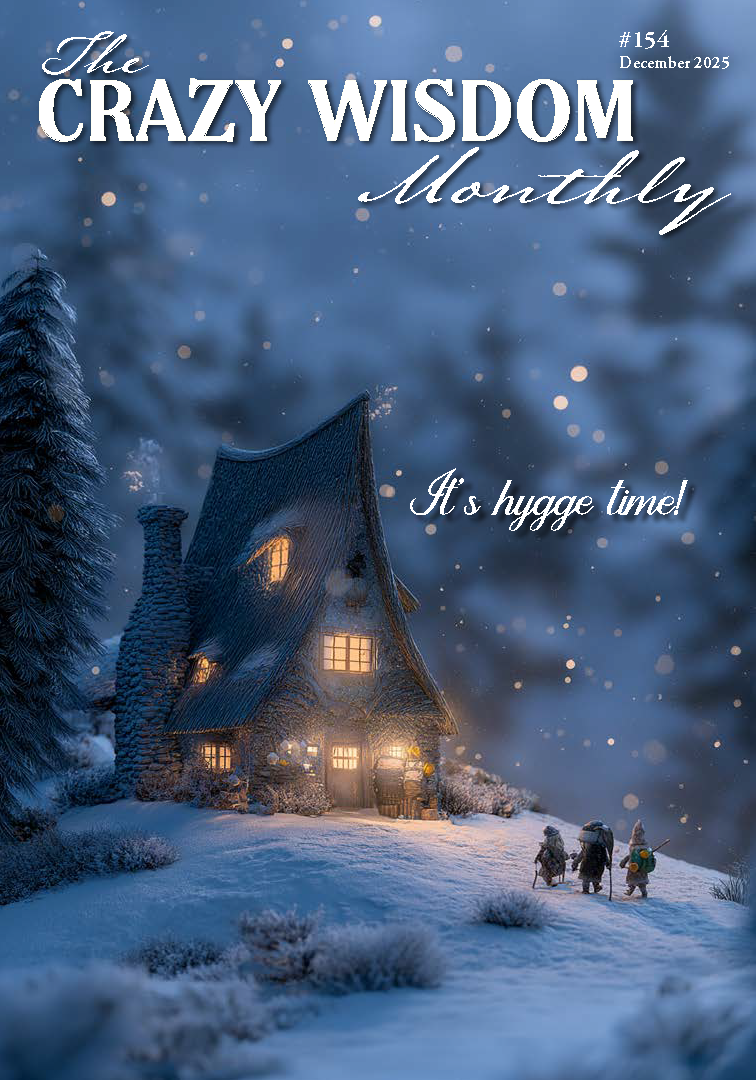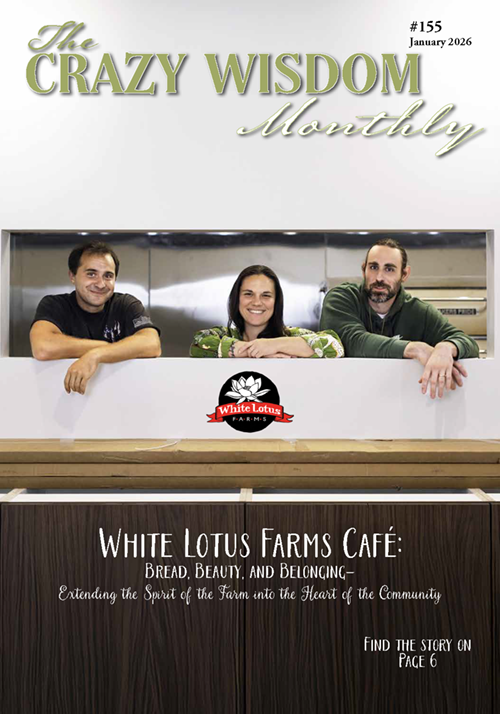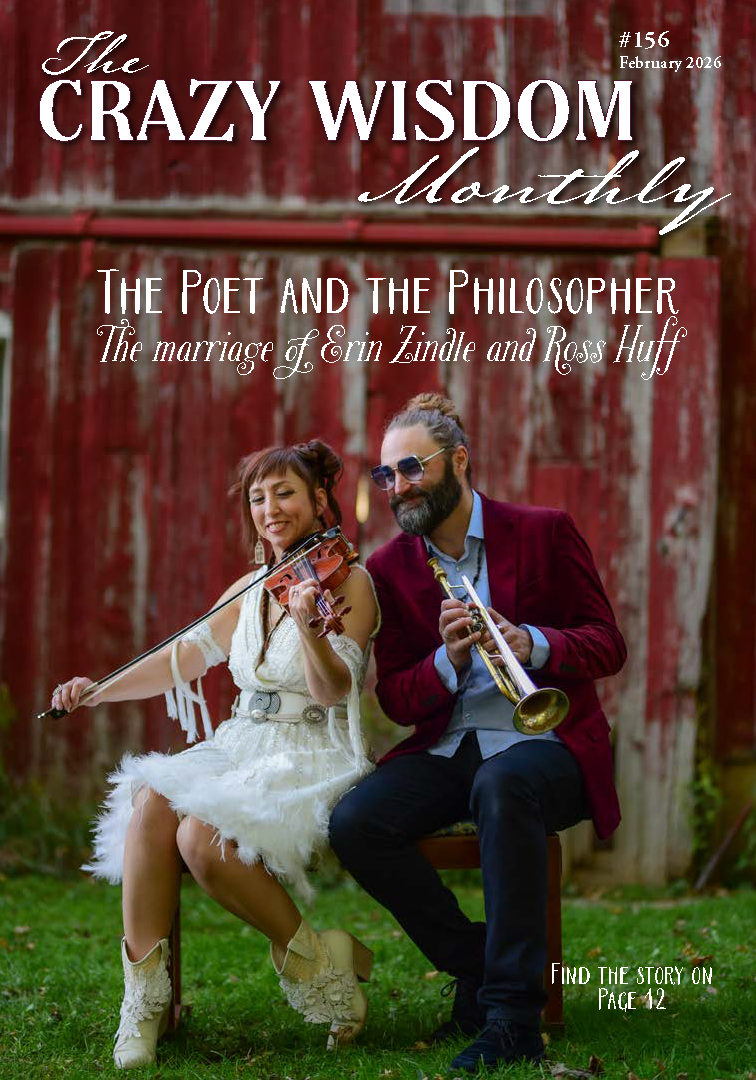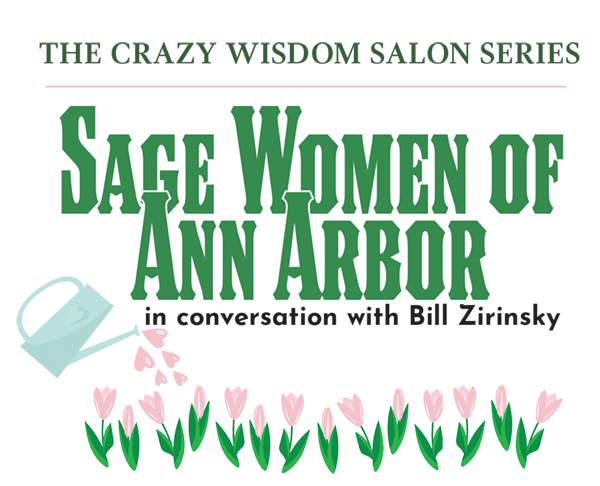By Christine MacIntyre
Melody Moezzi’s The Rumi Prescription: How an Ancient Mystic Poet Changed My Modern Manic Life is a candid narrative following Moezzi’s quest as an Iranian-American writer and activist. Her quest is relatable across time and space, as she learns to embrace and make the most of life. Her journey transpires with the guidance and influence of her father, Ahmad Moezzi, and ancient poet Rumi, whose advice “transcends language, culture, race, and religion.”
Layered with her personal experiences with bipolar disorder, discrimination, triumphs, and setbacks, she intersperses the literary work with wise and honest ruminations on religion, public health, politics, and culture.
The 13th-century Persian poet’s writings are woven into each chapter of both the book and her life, as she utilizes her father’s deep understanding of these inspiring and deceptively simple poems that are simultaneously mystical and practical.
Moezzi describes Rumi’s poetry as “full of allegory, commentary, wordplay, and copious literary and Quranic allusions.” Yet, while the concepts flew over her head as a child, Moezzi embraced Rumi as an adult—approaching the task “with all the love, courage, humor, and humility it demanded.”
The beautifully written prose is deeply personal, as Moezzi seemingly reveals her authentic self to readers, offering a narrative for how she uses Rumi’s ancient words as a lifeline as she navigates life. The book embeds lessons and food for thought about family, anger, anxiety, distraction, isolation and is more than a memoir, spiritual journey, or collection of poetry. Through this captivating read, it is obvious how she gains wisdom and insight in the face of creative and spiritual roadblocks.
Moezzi leaves no question to readers about the difficulty of her journey—navigating through tears, moments of intense anger, fear, and frustration. Additionally, she avoids sugarcoating the nitty-gritty truth to preserve readers’ levels of comfort. The sheer honesty and vulnerability embedded within the text are refreshing, if not comforting, for those of us who can relate on some level. And we all can, as her experiences encompass a wide array of positive and negative emotions, reactions, and outcomes.
Born in the United States after her Persian parents left Iran in the face of a “brewing so-called Iranian Revolution,” Moezzi grew up in a sizable, tightly knit Iranian-American community nestled in Dayton, Ohio, with her sister, Romana, and their parents. She learned to speak Farsi through weekly Persian lessons and summers in Tehran, albeit her fluency leaves something to be desired. Her father, “fluent in both modern Farsi and Rumi’s medieval variety,” routinely recited Rumi’s poetry, translating when necessary.
“Intimately acquainted with a wide variety of pain,” Moezzi discusses her early adulthood struggles, including a rare pancreatic tumor, myriad medical hospitalizations, chronic pain, major surgery, and then-undiagnosed and untreated manic depression. Finally, a suicide attempt and inpatient psychiatric hospitalizations left her stripped to a bare minimum, with one goal left: survive.
At 35 years old, when she writes The Rumi Prescription, Moezzi describes how she learned to reign herself in, focusing on processing her surroundings and herself within them. While her experiences still proved imperfect, as she combated stigma, discrimination, and her self-doubt from time to time, she describes turning to her parents, particularly her father, for clarity and guidance.
She sets off on a pilgrimage, both spiritual and geographical, as she lands in San Diego, where her parents relocated. With Ahmad’s expertise, she is guided through a “lyrical world, full of powerful prescriptions for even the most seemingly modern human dilemmas” as she seeks out the “bandage that lets through the Light.”
Her father, “a physician by trade and a connoisseur of Sufi poetry by tradition,” serves as both friend and mentor, prescribing Rumi’ prescriptions’—or, as Moezzi refers to them, “sacred remedies, reminders of my roots, connections to my Source.”
Rumi intersperses his ruminations on fatherhood, feminism, and self-care, creating surprising and life-changing insights. Moezzi utilizes the poems consistently throughout the book, stating, “I faced all of the diagnoses and applied all of the prescriptions that follow.” Therefore, the book is organized “largely chronologically and in the order of every diagnosis (Dx) and prescription (Rx) that propelled [her] journey forward.”
Her writing is practical enough for the average person to understand and, perhaps even apply the concepts rooted within it to their own lives. Her overall tone throughout is thoughtful yet raw, as she articulates her journey toward self-discovery—her metamorphosis—as being “manic and mystical, scary and sublime.” Taking readers through specific scenarios, including those both disastrous and triumphant, she provides insights into the messiness of her journey.
The book feels neither preachy nor like a typical self-help book; instead, it feels like reading the diary of a long-time friend. A friend who only wants to help others see that if she can overcome and rise above, so can you, albeit messily and sometimes painfully.
Read related article: Book Review: Fermentation as Metaphor
Moezzi’s father is present through every one of her perceived failures, believing in her, cheering her on, and teaching her new perspectives based on Rumi’s poetic musings. His unwavering support demonstrates the power of having someone or something to believe in and who believes in you. She reflects, “For only looking back can I begin to grasp the powerful role my father’s treasured poems have always played in my life.”
Moezzi’s experiences include numerous public speaking panels, suffering the loss of a friend who succumbed to the potentially fatal symptoms of bipolar disorder and participating in several protests. In addition, her life held witness to countless acts of bigotry, bias, and racism.
Amid widespread hatred and chaos consuming much of the world, Moezzi learns to seek sustenance within herself. She gradually recognizes that by refreshing her perspective and becoming aware and mindful of everything outside of herself, she can minimize distraction and facilitate connection. Any reader can easily relate to her as she describes living in a world full of distraction that insists we look outward. The Rx: turn to the treasures within you, as each of us is already whole.
Moezzi’s powerful story attests to the notion that “recovery is possible, that medication works, that faith works, that love works, and that having an atypical brain can be as much an asset as a liability.” She mentions telling this to her students often, noting that being surrounded by people who “understand what it’s like to lose your mind and find your soul” is what allowed her to see her purpose and find her community.
She dutifully concludes that the remedies to our problems aren’t merely a prescription we can “…fill once and be cured,” as she states, “I need regular refills because I’m human….” Human nature compels us to insist upon constant reminders; therefore, a support system is vital, as shown through her story.
Through her eloquent yet idiomatic text, she invites readers to quit sleepwalking through life—”to wake up and appreciate what’s right in front of [us], and to live in the present.”
As Rumi states, “Why seek pilgrimage at some distant shore, when the Beloved is right next door?” Moezzi’s The Rumi Prescription makes the notion believable, filling readers with the hope that they, too, can find this sense of peace and self-acceptance, though perhaps not in the same way or through the same path.








































































































































































































In Nature’s Symphony, Martin Docherty presents a refreshing and deeply thoughtful perspective on our relationship with the natural world—one that blends science, philosophy, and spirituality in a way that feels both intellectually satisfying and emotionally grounding. This book is neither your typical science read nor a standard spiritual guide. It’s something more layered: a meditation on the sacredness of the universe, grounded not in supernatural beliefs, but in the elegant truths of science itself.